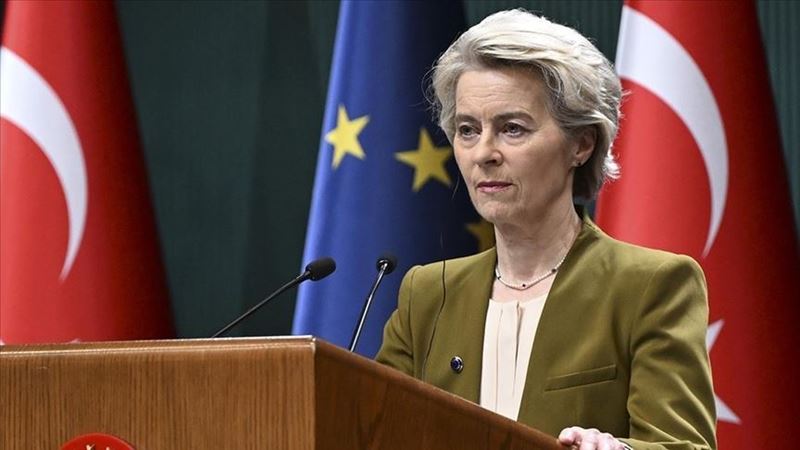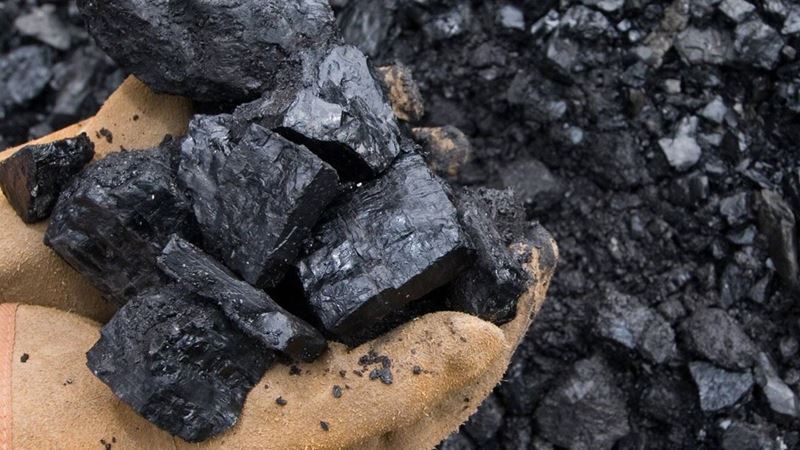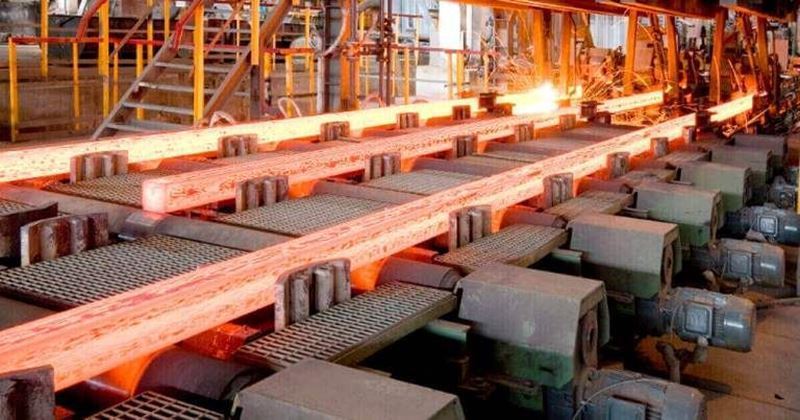The UK government said the move should support the country's decarbonisation efforts. The regulation is similar to the EU's CBAM and the obligation to purchase CBAM certificates will apply from 2026.
According to steel industry trade association UK Steel, the UK CBAM could potentially create a level playing field for carbon pricing, but the timetable should be in line with that of the EU.
"By approving a CBAM from 2027 rather than matching the EU's 2026 timetable, the government risks dumping high-emission steel in the UK from 2026 when the EU CBAM comes into force," UK Steel said in a statement on 18 December.
UK Steel said the current timetable could mean that some of the high-emission steel currently exported to the EU will be diverted to the UK, putting price pressure on UK steel prices, while steel safeguard quotas on imports will expire in 2026, "exposing the UK steel industry to import increases".
UK Steel called for mutual recognition between UK and EU CBAM policies and the Emissions Trading System (ETS) so that there are no restrictions on trade.
The price charged by the UK CBAM will depend on the amount of carbon emitted in the production of the product and the difference, if any, between the carbon price charged in the country of origin and the carbon price faced by UK producers.
The details of the CBAM will be subject to further consultation in 2024, including the precise list of products in scope.
The UK also aims to establish a system for measuring the carbon emission content of products.
CBAM will work with the UK Emissions Trading Scheme to reduce the risk of carbon leakage.
"This tax will ensure that carbon-intensive products from overseas, such as steel and ceramics, face a carbon price comparable to those produced in the UK, so that our decarbonisation efforts translate into reductions in global emissions," said UK Chancellor of the Exchequer Jeremy Hunt.











Comments
No comment yet.